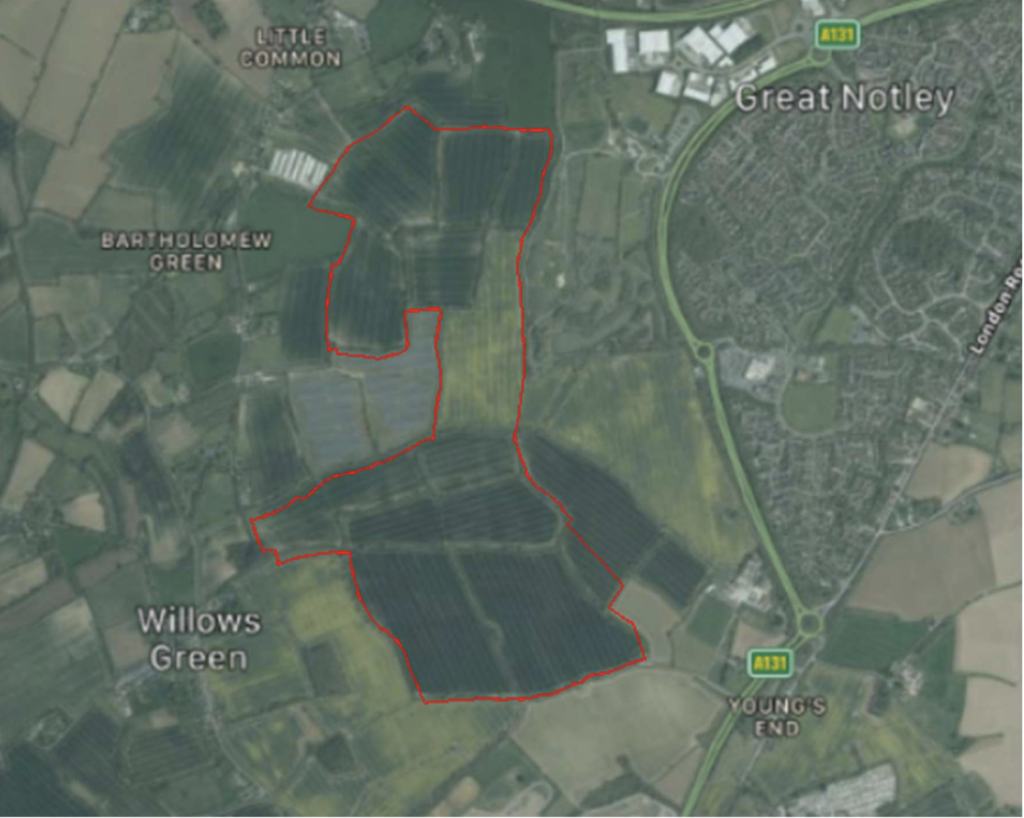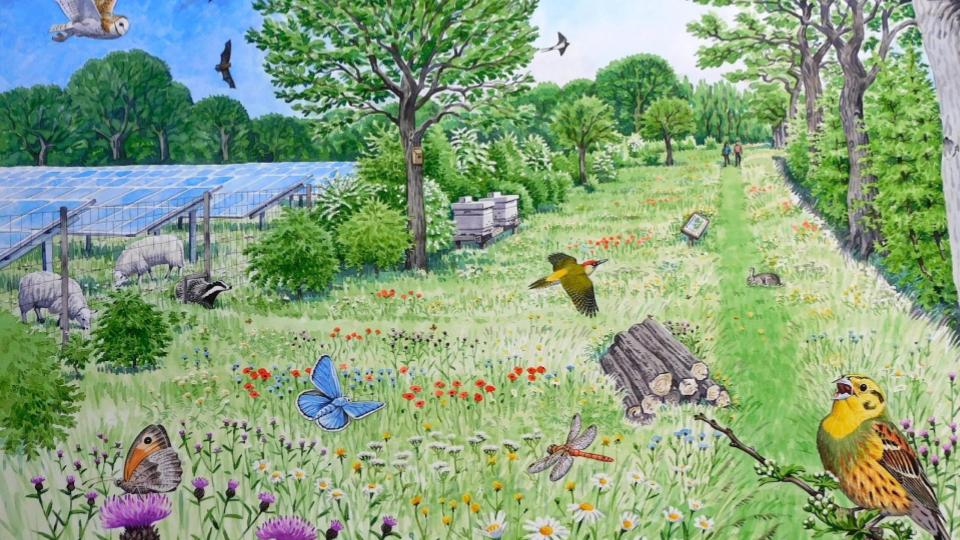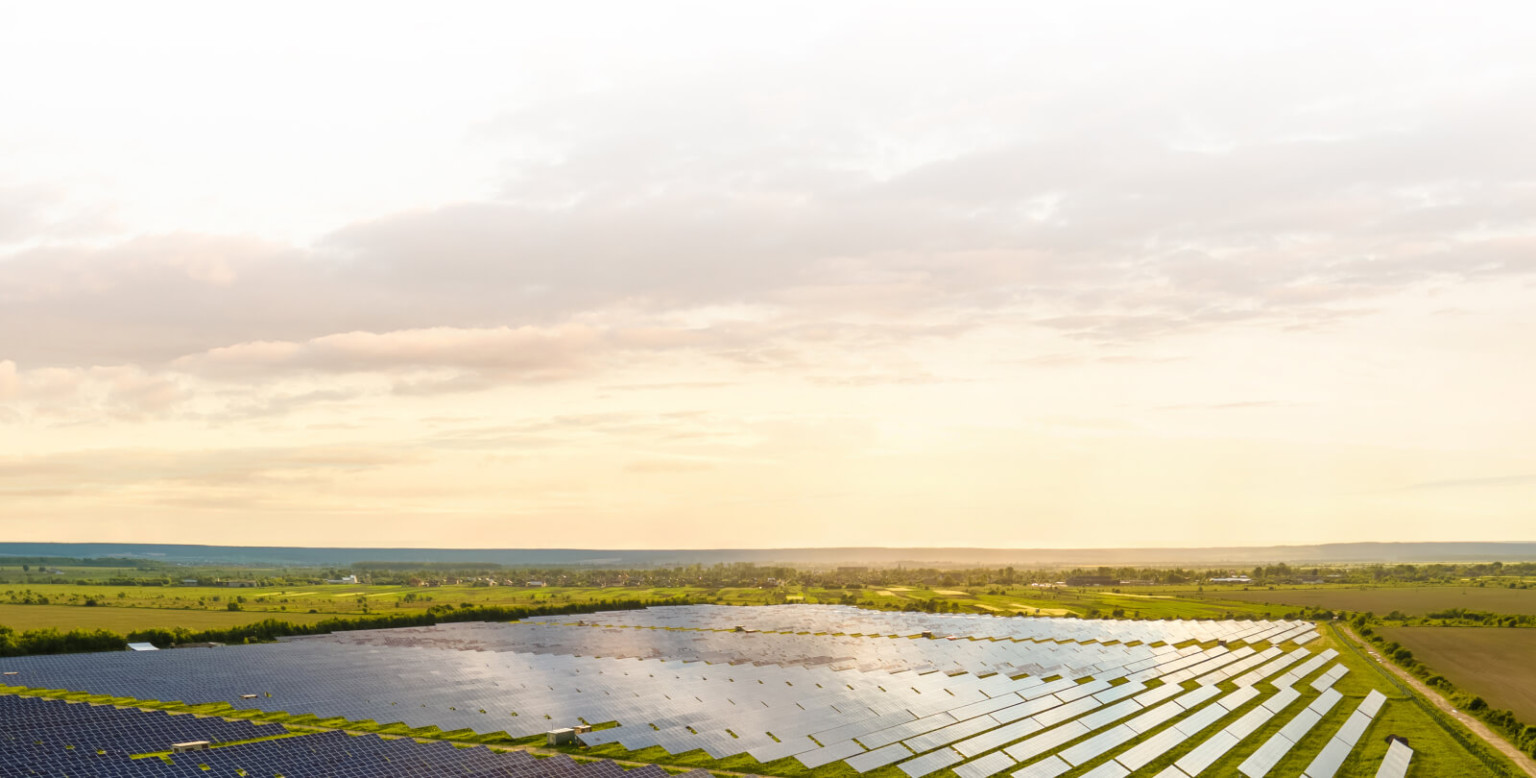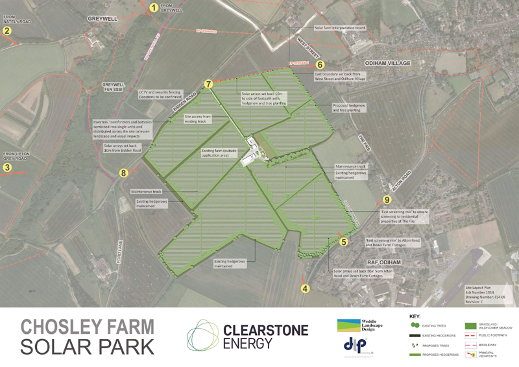Project status
- Project Design
- Community Consultation
- Planning Application Submission
- Planning Application Decision
- Construction
- Operational
-
Where
Great Notley, Braintree
-
What
Hybrid solar / battery storage
-
Network Connection Capacity
49.9 MW
-
Equivalent household power use
15,200 homes
-
Annual CO2 emissions saved
47,000 tonnes
-
Targeted Operational Date
2025
-
Project Development Size
114 hectares
-
Project Lifespan
40 years
Willows Green Solar Park, near Braintree in Essex is a 80 MWp capacity solar farm with on-site battery energy storage, developed in consultation with the local community and with a commitment to enhancing local nature and wildlife through additional planting and habitat creation. Planning permission was granted by Uttlesford District Council in August 2022 with the project set for construction in 2025. It will generate enough clean electricity each year to power 15,200 homes – equivalent to one third of the households in Braintree, 3km to the east of the site – and more than £6 million of funding for the local area across its 40 year operational lifetime.
The site is crossed by a number of Public Rights of Way and the site design focuses on preserving and enhancing these paths with new planting so that the solar park becomes an integrated part of the local area and residents can continue to enjoy the countryside on their doorsteps. At the end of the project the land will be restored to agriculture use but retain footpath and other ecological enhancements.
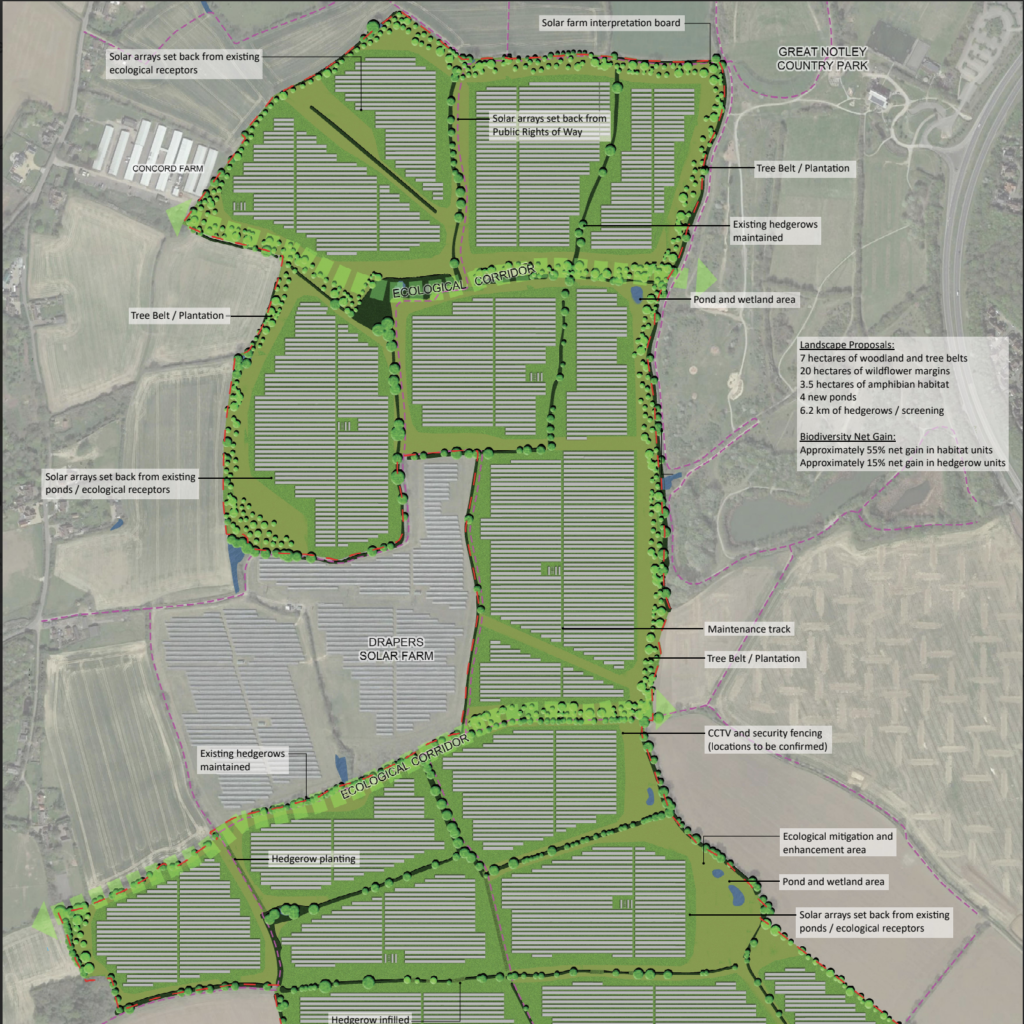
Biodiversity benefits
The design of Willows Green Solar Park includes a number of co-ordinated planting and wildlife habitat enhancements designed to boost biodiversity across the site.
The landscaping plan includes the planting of 7.3 hectares of new woodland along the eastern, western, and northern boundaries of the site. Four new ponds and 3.5 hectares of wetland habitats will support growth in insect and amphibian populations on the site. Twenty hectares of new wildflower planting around the boundaries of each field on the site will support birds, bees, butterflies and other insects.
Two ecological corridors will be created running from east to west across the site to enable wildlife to travel through the solar park. While local residents will find that the footpaths running across the site have new wildflower edges and more than 6 km of new hedgerows to ensure that the site blends into the local countryside. Altogether these enhancements will see a 60% gain in biodiversity across the site.
